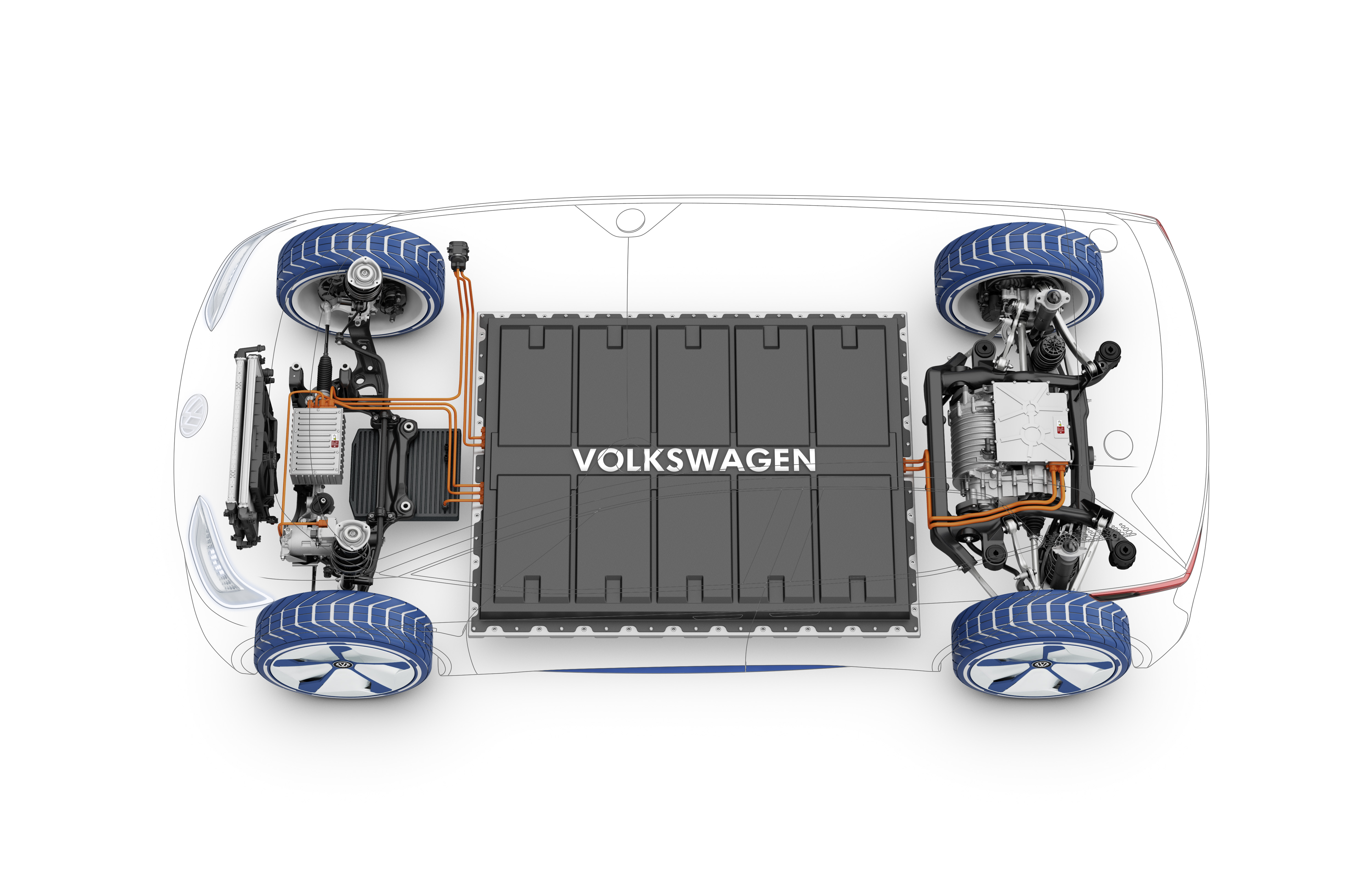Volkswagen commits to increasing its electrified-vehicle share in the Chinese market to 50% by 2035 and to do so, local R&D will be strengthened with more than 4,500 engineers working on future technologies.
VW Chairman Herbert Diess announces the commitment at the first World New Energy Vehicle Congress in the southern Chinese city of Boao, 630 miles (1,015 km) south of Beijing.
The so-called Boao Consensus foresees EVs accounting for 50% of annual global car sales by 2035. Within the Chinese market, VW commits to that 50% goal as well, making the country essential to the German automaker’s decarbonization strategy. It intends to offer 14 electrified models to Chinese customers this year.
Diess tells the congress the role of the automotive industry is important to fulfilling the Paris Climate Agreement designed to fight climate change.
“China also relies on emission-free mobility under its clear commitment to the goals of Paris,” he says in a statement. “In this transformation, we are playing a key role in providing a comprehensive range of e-vehicles and strengthening the private charging infrastructure.”
Diess emphasizes a predictable and reliable legal and regulatory framework is necessary for the further development of electromobility.
China already is the world's largest market for electrified vehicles. More than 1 million plug-in hybrids and battery-electric vehicles were sold there last year.
The government is supporting e-mobility through initiatives such as expansion of the charging infrastructure and low electricity costs.
As part of its e-mobility offensive, VW plans to produce about 11.6 million e-cars in China by 2028 – more than half of its global target of 22 million. All three of the automaker’s Chinese joint ventures – FAW-Volkswagen, SAIC VW and JAC VW – will contribute.
As soon as the SAIC VW plant in Anting and FAW-VW plant in Foshan start producing MEB-platform-based vehicles (below, left) next year, production capacity will reach about 600,000 BEVs a year.
In addition, JAC and VW subsidiary SEAT are developing their own platforms for smaller e-cars.
 Next year, about 400,000 electrified models from VW will be delivered to Chinese customers. This means VW China will meet all regulatory requirements for fuel consumption and share of EVs in total production.
Next year, about 400,000 electrified models from VW will be delivered to Chinese customers. This means VW China will meet all regulatory requirements for fuel consumption and share of EVs in total production.
The ecological footprint is to be further improved in all 33 Chinese production facilities of VW and its partners. In the past year alone, carbon-dioxide emissions at the Chinese plants were reduced 13%, saving 390,000 tons of CO2.
Also, Chinese customers should be able to recharge their EVs with even more flexibility and convenience.
As part of the cooperation between Star Charge, FAW and JAC, private wall boxes will be available from the end of this year and a large number of publicly available charging stations will be set up.
The integrated connectivity service is offered by Mobility Asia, a subsidiary of VW China.





